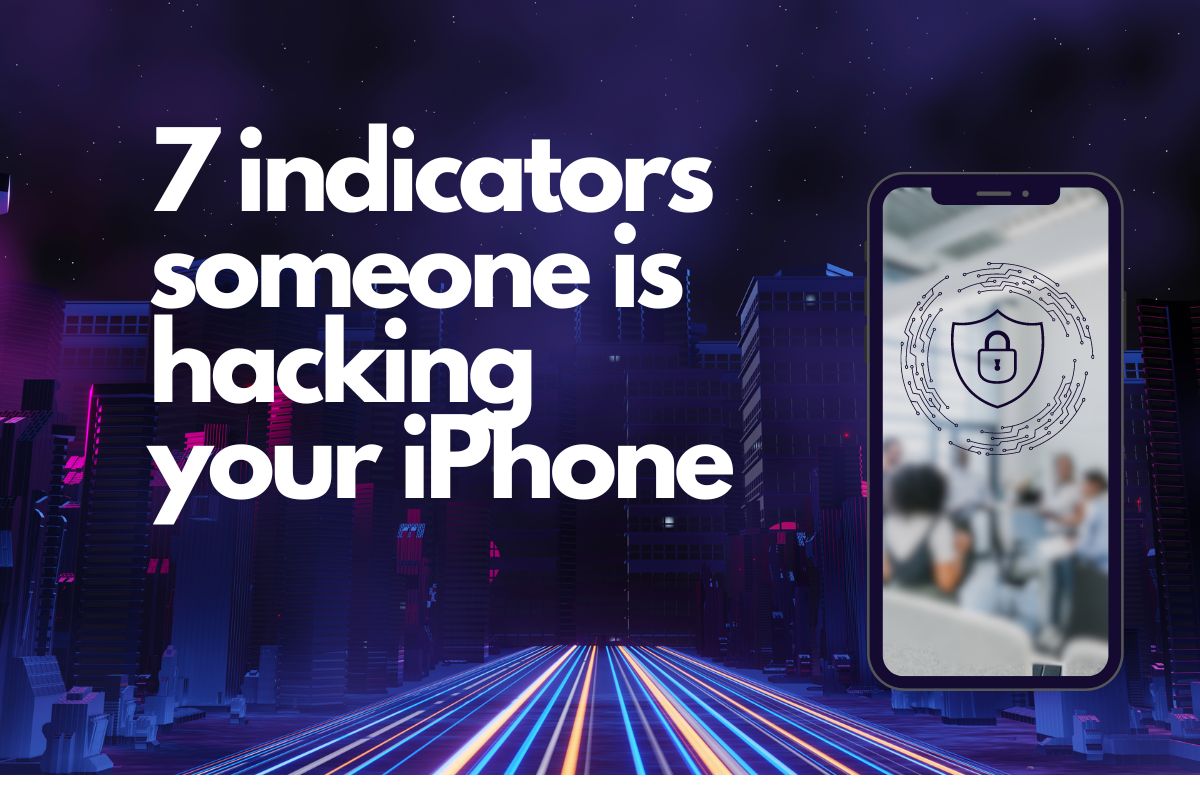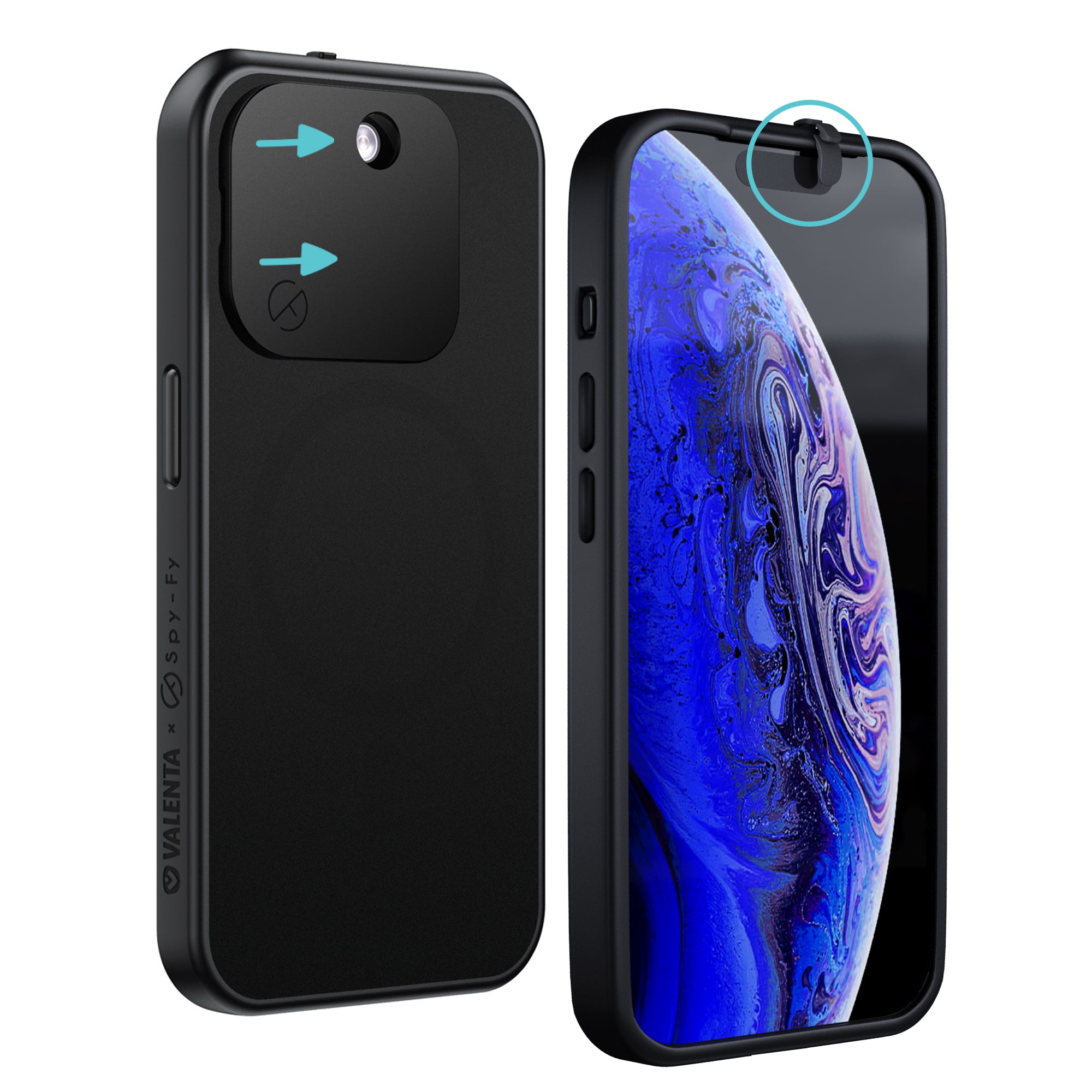We’ve been closely watching the rise of Apple Intelligence (AI) in their new devices, especially with the iPhone 16. While Apple's innovations are impressive and their focus on user experience is second to none, the implementation of AI in the iPhone 16 raises significant concerns regarding user privacy and data security.
Apple has built its reputation on protecting user data, making privacy a cornerstone of its marketing strategy. However, with Apple Intelligence integrated into the iPhone 16, new privacy concerns are emerging that should not be overlooked. Could Apple’s AI advancements create a new avenue for privacy erosion? Let’s dive into the details.
Apple Intelligence: A Double-Edged Sword for Users
The iPhone 16 marks a bold step forward in Apple’s technological journey, and one of its standout features is Apple Intelligence, a suite of AI-driven capabilities designed to make your device more intuitive. This AI is supposed to personalize your experience by learning from your behaviors, preferences, and even how you interact with your apps.
This could mean greater convenience—predictive text that finishes your sentences, smart home automation that adjusts your environment based on your routines, and even deeper integration with services like Apple Health. However, as convenient as these features are, they come with significant privacy risks. Why? Because the same data that’s being used to predict your needs is data that Apple is gathering, analyzing, and storing.
Let’s break this down a bit further.
The Scope of Data Collection with Apple Intelligence
Apple Intelligence isn't just a simple AI feature that runs locally on your device. It is deeply embedded into the entire Apple ecosystem, and its true power comes from the vast amount of data it can collect and process. This data includes:
- Location Information: Apple Intelligence can use geolocation to offer location-based services, such as suggesting nearby restaurants or giving reminders based on where you are.
- Personal Data: The AI will track things like your contacts, calendar events, browsing history, and app usage.
- Behavioral Patterns: By learning your habits, Apple Intelligence can predict what apps you might want to open next or even adjust your device’s settings to match your typical usage times.
Though Apple emphasizes that much of this data is encrypted and handled securely, the fact remains that to power such a sophisticated AI, massive amounts of personal information must be collected.
Privacy Risks: How Much Data Is Too Much?
Apple has long prided itself on protecting user privacy, but there is a crucial balancing act between personalization and security. Here are some potential privacy pitfalls:
-
Data Overreach: The more data Apple Intelligence collects, the more valuable that data becomes for not just Apple but potentially third-party developers, governments, or even cybercriminals. Even if Apple doesn’t sell this data, the mere collection of it makes users vulnerable.
-
Device Vulnerabilities: The more features that rely on AI and user data, the more complex the software architecture becomes. This could lead to new vulnerabilities in the device that hackers might exploit, targeting sensitive personal information stored on your phone.
-
AI Misuse: As Apple Intelligence continues to evolve, there’s always a concern about how the AI could be used in unintended ways. Could the data collected be used to manipulate user behavior, influence purchases, or even subtly shift the way you interact with your device and the digital world?
The Issue of Consent and Transparency
A significant privacy challenge is ensuring that users fully understand what data they are sharing and how it’s being used. While Apple has made strides in providing clearer data and privacy policies, the sheer complexity of Apple Intelligence means that many users may not fully grasp how much data they are giving away.
-
Implicit Consent: Many of the AI features in iPhone 16 work in the background, meaning that users might not even realize they’ve given consent for their data to be used. For instance, predictive features like suggesting contacts or apps based on your behavior may seem harmless, but they’re powered by vast amounts of personal data being processed in real time.
-
Opaque Data Sharing: Apple claims to offer transparency in how it handles user data, but the reality is that most users don’t read the fine print. Even if Apple doesn’t sell your data, the fact that it’s shared across various services and apps raises questions about where that data ends up.
The Trade-off Between Privacy and Convenience
Apple Intelligence is clearly designed with convenience in mind, but it’s essential to ask: at what cost? AI features such as intelligent notifications, health tracking, and predictive text create an extremely personalized experience, but they do so by analyzing vast amounts of data that can be highly sensitive.
While Apple’s privacy policies are relatively stringent compared to other tech giants, it is still crucial to remember that once data is collected, it is never truly "private" in the same way that data stored in a non-connected device would be. The more Apple integrates AI into its ecosystem, the more potential there is for your data to be stored and processed in ways you may not expect.
For example:
-
Health Data Integration: If Apple Intelligence begins to integrate more health data—such as monitoring your fitness habits or mental health patterns—this kind of data could be extremely valuable but also incredibly sensitive. Even if encrypted, a data breach could expose intimate details about a user’s health, fitness, and emotional state.
-
Third-Party Access: Though Apple has strict policies about data sharing with third parties, apps that utilize Apple Intelligence features could potentially request access to more data than necessary. The risk here is not just with Apple itself, but with third-party developers who might exploit the AI’s capabilities for their own gains.
Apple’s Efforts to Protect Privacy: Is It Enough?
To their credit, Apple has implemented numerous privacy-enhancing features with the iPhone 16, such as on-device processing, app tracking transparency, and stronger encryption methods. Apple Intelligence is said to prioritize privacy by performing much of its data analysis locally on your device, rather than sending it to Apple’s servers.
-
On-Device Processing: This is one of Apple’s key selling points for AI privacy. By processing much of the data locally, Apple minimizes the amount of data that ever leaves your device. However, even on-device processing is not a guarantee of privacy, as vulnerabilities in local software could still be exploited.
-
App Tracking Transparency: This feature allows users to see which apps are tracking their data, but it still requires users to be proactive in managing their privacy settings. Many users may not fully engage with these settings, leaving them open to unintended data sharing.
Even with these measures, there are inherent risks that come with using AI-driven features. No system is entirely foolproof, and the more data-intensive a system becomes, the higher the potential for privacy breaches.
What You Can Do to Protect Your Privacy
As users, we have a responsibility to manage our digital privacy proactively, especially as AI becomes a more integrated part of our devices. Here are some ways you can protect your privacy while still enjoying the features of the iPhone 16:
-
Regularly Review Privacy Settings: Take the time to review what data Apple Intelligence is using and which apps have access to this data. Apple provides detailed privacy dashboards that allow you to see exactly what’s being shared.
-
Limit AI Features: If certain AI features make you uncomfortable, disable them. For instance, you can turn off location-based services or limit Apple’s ability to use your data for personalization.
-
Use Encryption and Secure Backup: Always ensure that your data is encrypted and backed up securely. Apple provides end-to-end encryption for iCloud backups, but you should always double-check that your backup settings are configured correctly.
-
Be Cautious with Third-Party Apps: Many apps now request access to Apple Intelligence data. Be wary of granting permissions to third-party developers, especially if the app doesn’t provide clear information about how your data will be used.
- Use Privacy Hardware: Another way of protecting your privacy is by using practical privacy solution like the iPhone 16 Privacy Case with camera covers on the front and back.
Conclusion: A Future Where Privacy Is in Your Hands
The iPhone 16’s Apple Intelligence is undoubtedly a remarkable technological advancement, blending cutting-edge AI with Apple’s user-friendly design. However, as with any powerful technology, it comes with significant privacy implications.
As Apple continues to push the boundaries of personalization and convenience through AI, users need to remain vigilant. Apple may be committed to privacy, but in a world where data is the new gold, the line between privacy and personalization becomes increasingly blurred.
Ultimately, while Apple Intelligence can make our devices smarter and more efficient, it also places more of our personal information into a system that—despite best efforts—remains vulnerable to exploitation. As users, the power to protect our privacy rests largely in our own hands, and the decisions we make today will shape the future of how AI interacts with our most private data.
Stay informed, stay cautious, and take control of your digital life.










